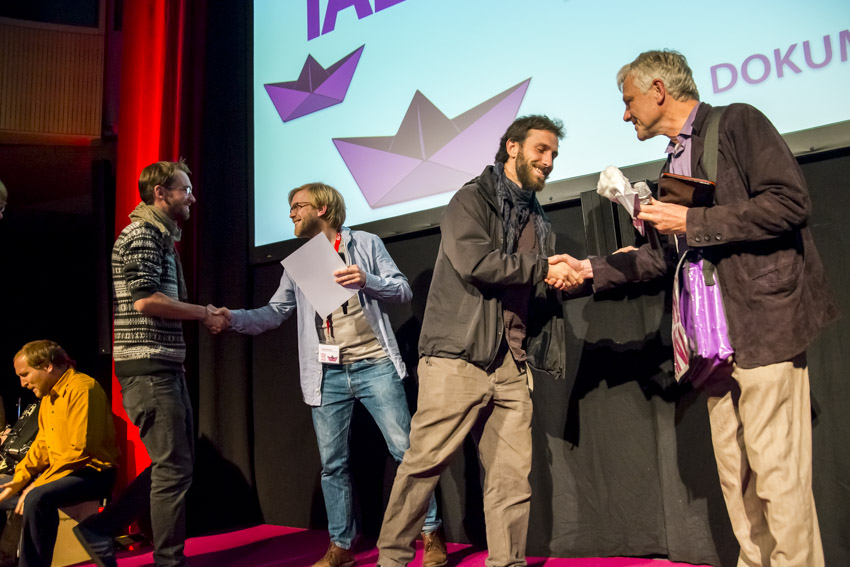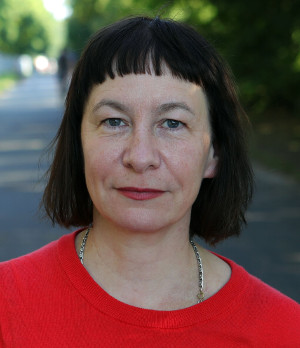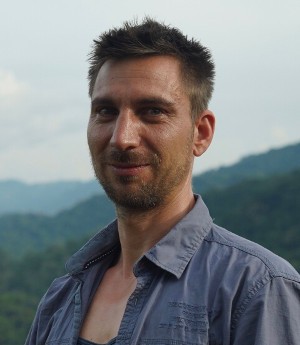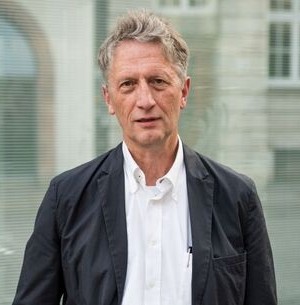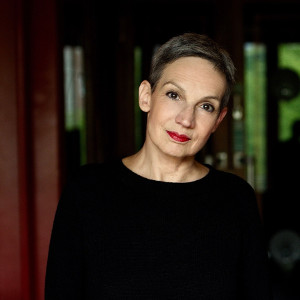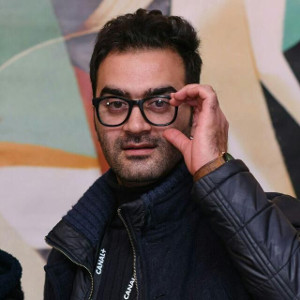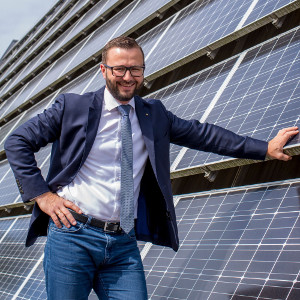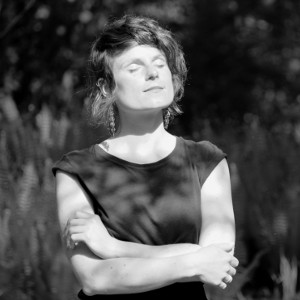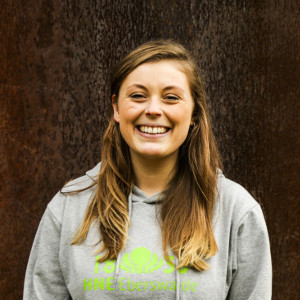Every day via technology, humankind seems to be reducing the physical dimensions of the world of objects and even our need to interact with them to the absolute minimum. This has provoked me as a designer to ask myself is the endgame actually to minimize everything down to energy and nothing more? Is the Modernist expression ‘Less is more’ to be worshiped – or criticized?
With this in mind, the ‘e’ trophy has become a reduced raw expression of digital visual communication and has been produced using state of the art 3D printing technology. Video-‘Film’ as digitally projected signals is simply stated, the ‘signals’ describe an ‘e’ which finally manifests itself as colours on a ‘flat’ surface. Perhaps in the future this design will simply be transparent…?
The exception to the design for the main 6 categories is the design for the new category: ‘The PRICKLE’. This object has by nature of the theme ‘Sustainability’ to have a more serious persona. Produced from both PLA and recycled plastic, it is designed to convey the seriousness of ‘Sustainability’ which is an issue that grows bigger and more critical every day.
Driven by the Filmfest Eberswalde ‘PROVINZIALE’ concept, a number of positives have emerged during the design phase: The ‘e’ is manufactured from the ‘stuff’ of the Provinces, that is ‘PLA’ (Poly Lactic Acid) derived from plant based starch which is bio-generated and biodegradable. Furthermore, the 3D printable data generation and the production of the trophies was handled by YOUin3D, a young company based in Berlin Mitte, thereby supporting smaller ‘seed’ idea generators, the likes of whom could emerge anywhere at any time – essential for the perpetuation of provincial life.
Richard Hurding, Designer,
Joachimsthal/UNESCO Biosphere Schorfheide-Chorin
Zelfo Technology / BIORAMA-Projekt




